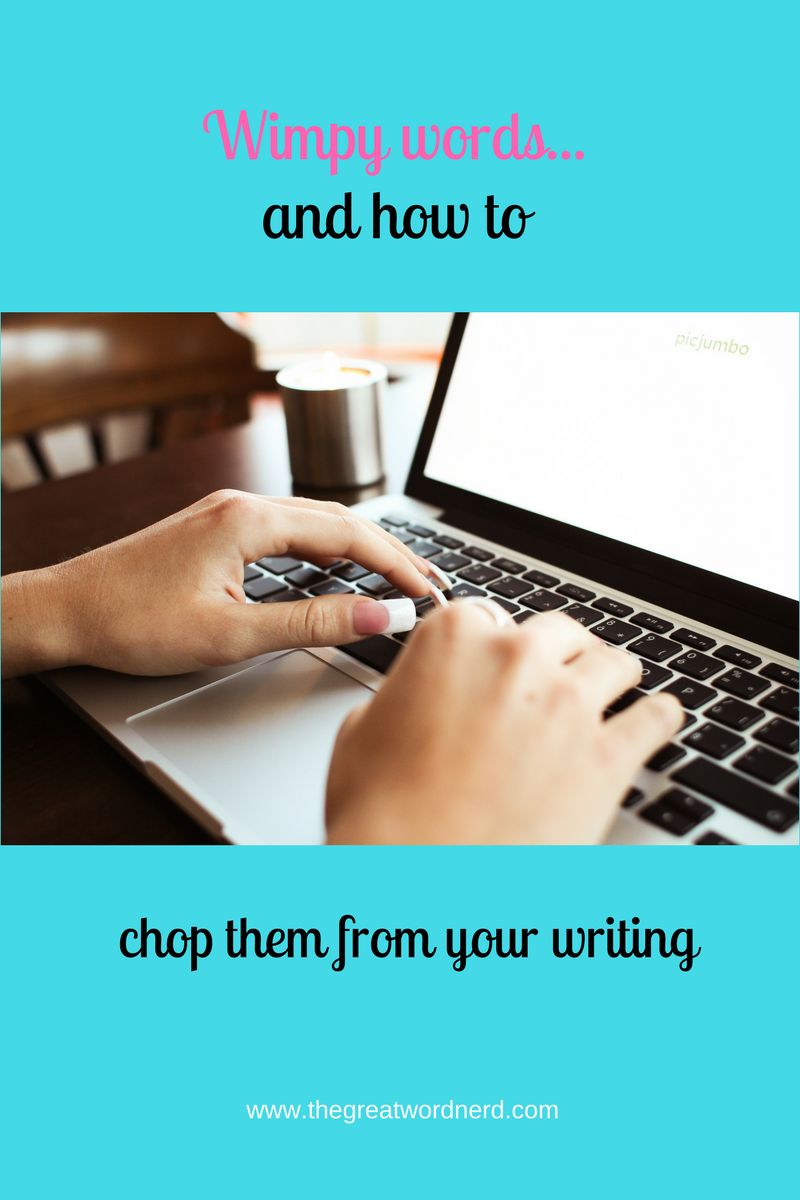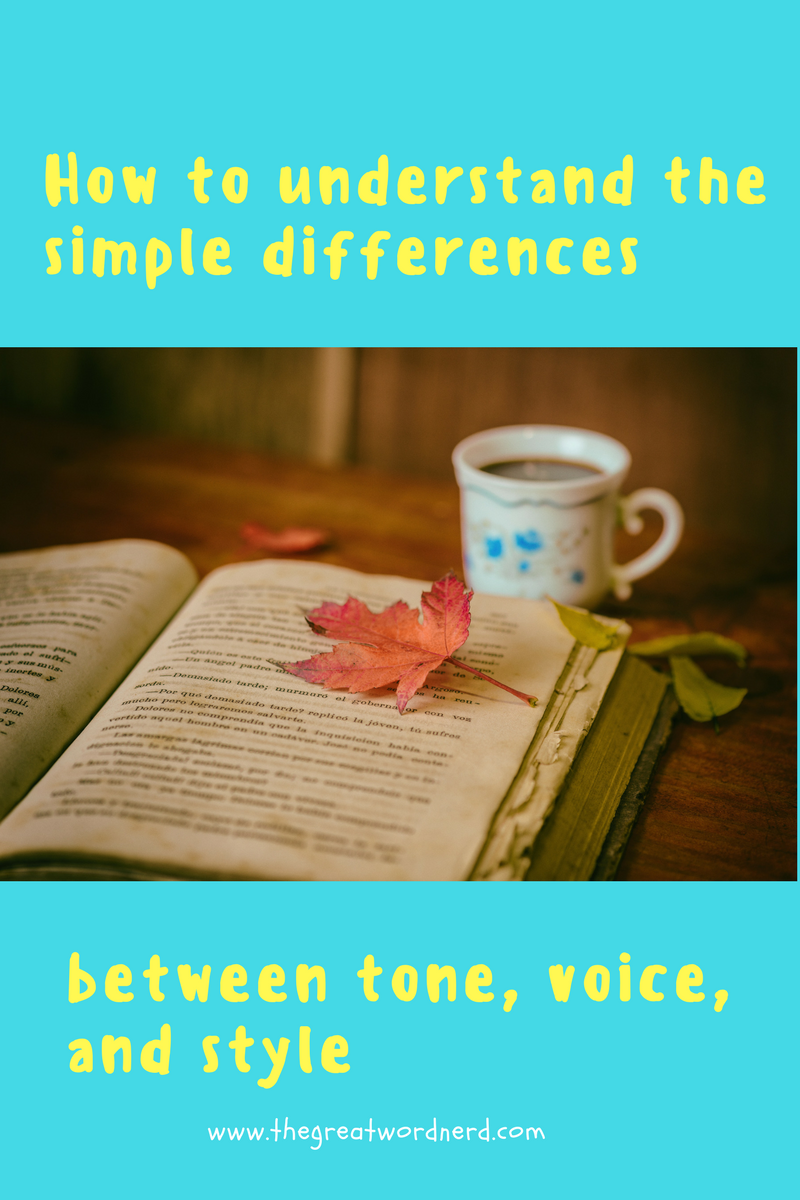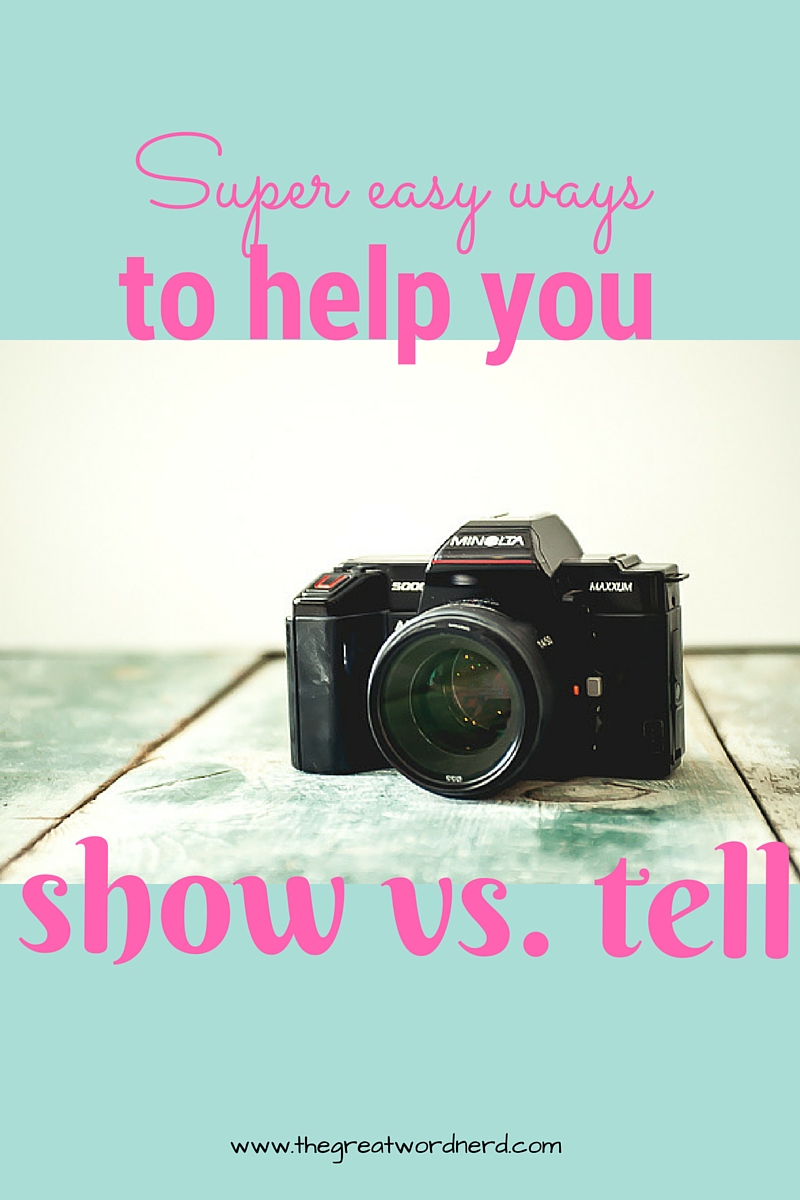“Wimpy words” and how to chop them from your writing
Writers love stringing together the best, most powerful words to create stellar stories. If you’re a writer, you know exactly what I mean. You hack away at a sentence, ending up with one entirely different than what you started out with. You pick your brain trying to come up with the perfect word to fill in a blank. You scratch your head, wondering: what about this sentence sounds wack-a-doodle?
If you do any of that, give yourself a huge pat on the back, because that, my friend, is exactly how good writers operate. They’re constantly on the hunt to improve their writing, never feeling like they’ve quite mastered the art.
When I first realized I was a writer, I used to write on the weekends, or when I had time (which was rarely EVER after I had kids!). But once my writing started to pay the bills, I began doing it more frequently. Now, I wrestle with words nearly Every. Single. Day. Rearranging here, striking through there, transposing here, etc.
My point? Now that I’m living and breathing words, I’ve learned a few tricks to make my writing shine.
One of those is to use the right words (see my post here on writing sharper sentences)—and another is to cut ones that don’t contribute value or depth to your writing. These words are what I call “wimpy words.” Wimpy words bog down your writing and can often be eliminated without you even shedding a tear, or realizing they’re gone!
Hunt out as many of the following wimpy words as you can in your writing and happily hit the Delete button when they don’t alter the meaning of your sentences. In most cases, you’ll find that all they do is add a layer of dust your writing could do without!
Adverbs
When I published my first novel, the editor struck through almost all the words that ended in “ly.” Her note said: “These adverbs make your writing weak—we allow only three a page!”
Here are a few of the most common guilty offenders you can often slash through in your own writing:
Actually, Basically, Currently, Presently, Really, Seriously, Suddenly, and Very
By striking these words, you’ll remove the wishy-washiness from your writing, making your sentences stronger and more concrete.
That
I’d say out of the ten times I’m tempted to use “that” in a sentence, about eight of those times, I realize I can do without it. Here’s an example:
Please bring me the purse that you bought me.
Please bring me the purse you bought me.
So look through your writing and leave “that” in a sentence only when it can’t do without it; otherwise, eliminate.
Then
Similar to that, I’ve learned you can often eliminate “then” without so much as batting an eyelash. Here’s an example:
If you’re going to park, then you’ll need an umbrella.
If you’re going to the park, you’ll need an umbrella.
There is and There are
Ugh! I cringe every time I see these pairings together in content I edit from other writers.
No, no, no!
When at all possible (which is usually 99.9% of the time), never start a sentence with “there is” and “there are.” Sentences that start out with those words are usually weak, wimpy ones. Here’s an example:
There are stronger ways to start a sentence.
You can start sentences stronger.
or
Writing stronger sentences is not difficult to do.
The trick? Start the sentence with a verb or noun, instead.
Qualifiers
It may sound like a word straight from a grammarian’s dictionary (and it is!), but a qualifier is simply a word that comes before an adjective or adverb, describing how much or how little of something.
For example, in the sentence “It’s a very hot day,” the qualifier is “very,” modifying the adjective “hot” and telling us (or qualifying) how “hot” the day is.
Although qualifiers have their place in writing, often they can be eliminated.
Frequently used qualifiers include:
Almost, a bit, can, fairly, kind of, maybe, might, perhaps, and sort of.
Scrubbing your writing clean of “wimpy words” when they’re not needed is the first step to creating stronger prose. But great writing is a lot more than just that. Stay tuned for more writing tips and tricks on how you can become a better, stronger writer.
In the meantime, chop wimpy words from your everyday writing, and watch your writing glow!


